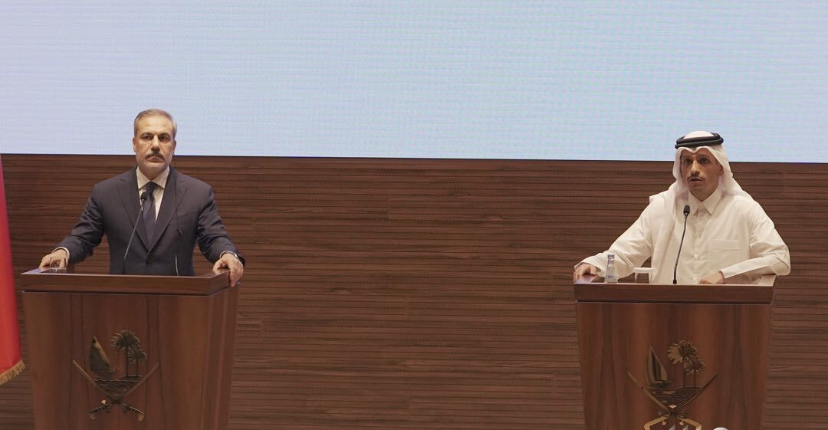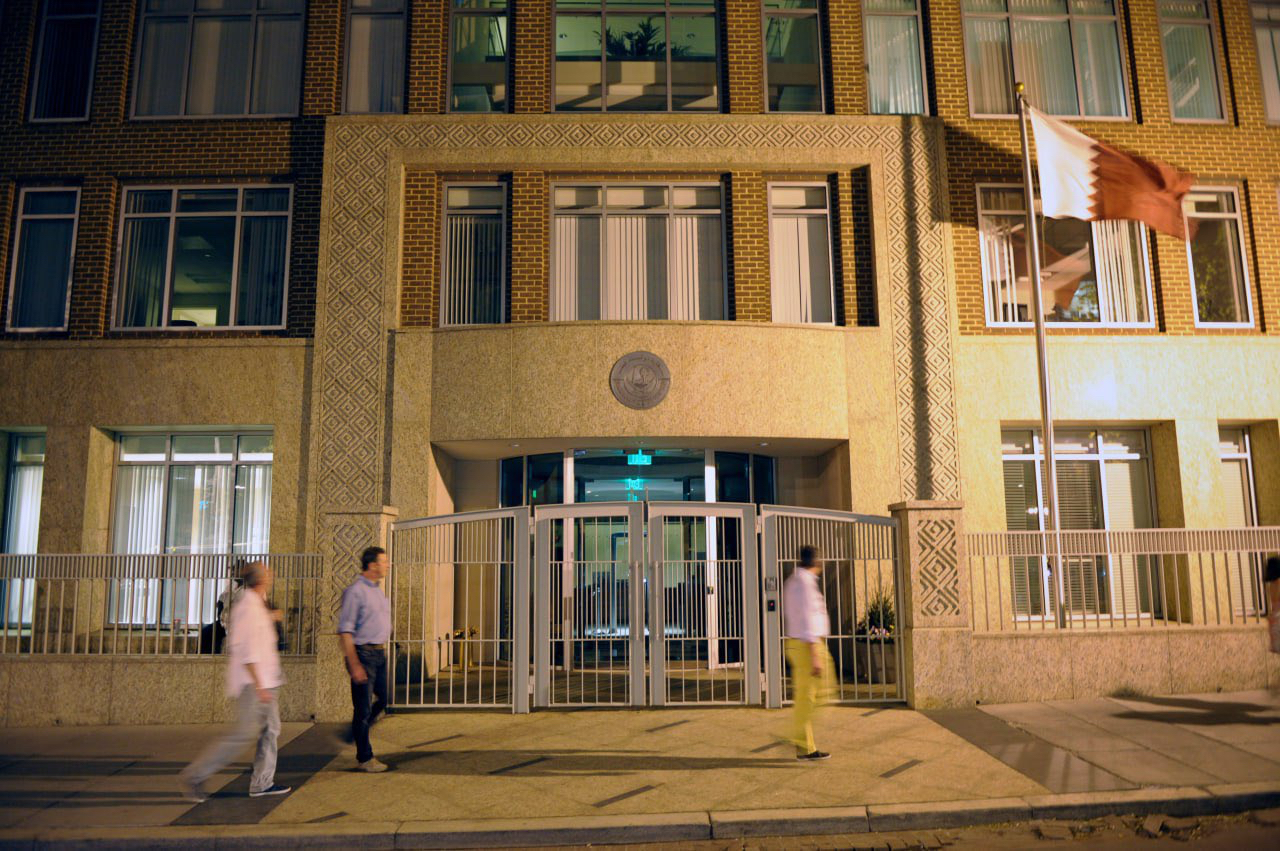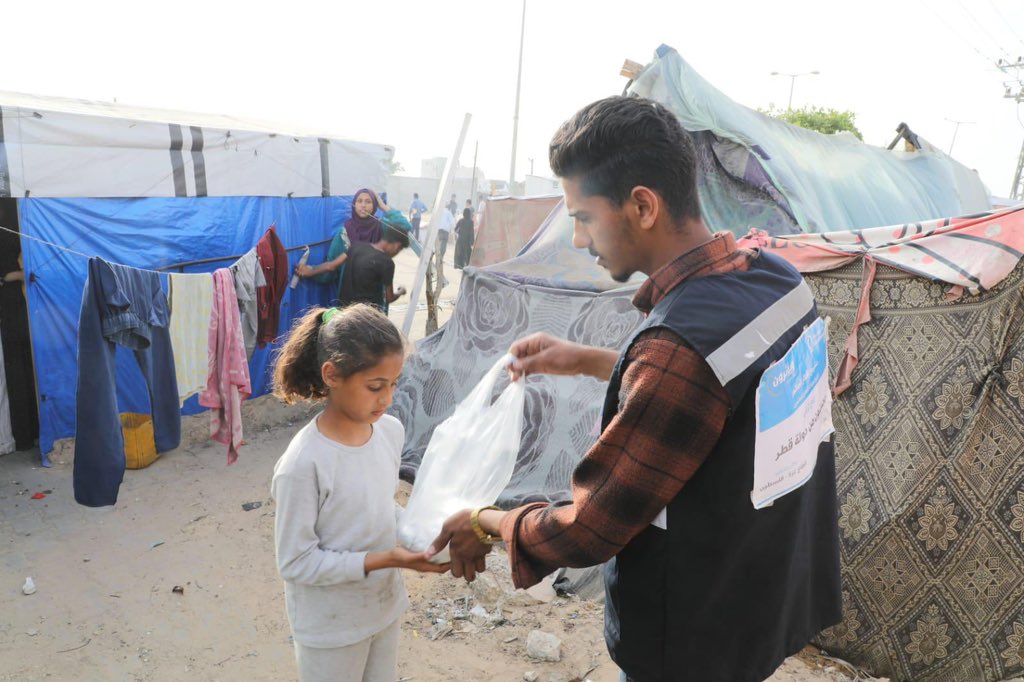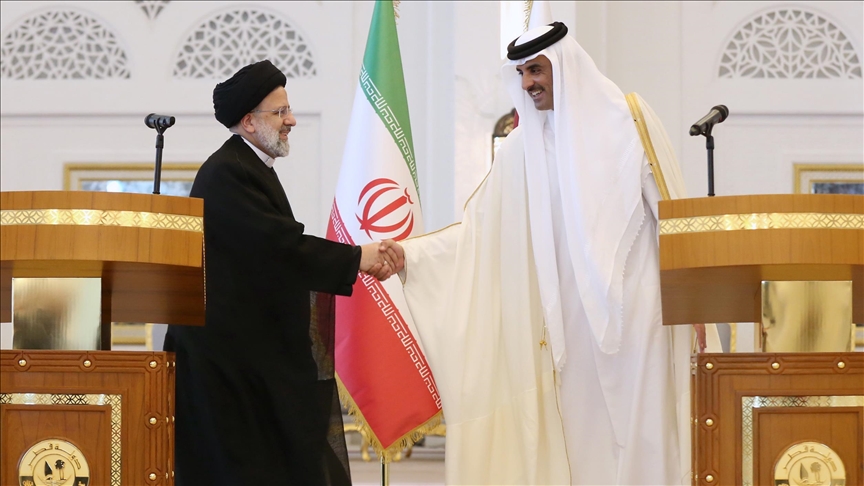
Some members of the Central Municipal Council have expressed disappointment after a request for judicial powers was rejected, local newspapers report.
Qatar’s only elected body, which locals can vote for every four years, has always served only in an advisory and monitoring role, reporting violations and making recommendations to government ministries. It has sought to increase its authority over the past few years, without success.
According to the Qatar Tribune, the CMC had requested powers to investigate minor violations, collect evidence and testify as witnesses in court. But the Ministry of Municipality and Urban Planning recently turned down that request.
The Peninsula added that the CMC planned to pursue the matter further after referring the MMUP’s decision to its legal committee. The newspaper quotes member Sheikha Al Jefairi as saying:
“There is a misunderstanding about what we have asked and what is stated in the law. The law is talking about monitoring the criminal aspects. What we are seeking is the power to monitor daily violations of the civic laws affecting people’s lives.
We can take up such issues with the authorities concerned, using the same legal process that the civic inspectors and other monitoring bodies are following. Our job will be complementing their role.”
The effectiveness of the CMC has been questioned for years, by Qatari voters and members themselves.
Last fall, a report produced by the CMC’s general secretariat found that only one-third of some 111 recommendations made during the council’s last session were acknowledged by authorities.
The next CMC election will be held in 2015. Meanwhile, Qatar’s first legislative elections, which were supposed to be held in 2013 after decades of delays, has been postponed until at least 2016.
Thoughts?







